Indian Democracy: Contradictions and Reconciliations
Contents: Introduction. I. Democratic Principles and Their Applications in India: 1. Democracy as Antinomy: Procedural versus Substantive/Sudarsan Padmanabhan. 2. Sudarsan Padmanabhan/N.L. Rajah. 3. Voter Education: Importance and Impact/S.Y. Quraishi. 4. Proportional Representation/Arvind Sivaramakrishnan, Chris Terry and Katie Ghose. II. Political Processes: 5. The Election Commission of India and General Elections/N. Gopalaswami. 6. India’s Democracy—Lost and Regained/India’s Democracy—Lost and Regained. 7. Reforming Politics and Elections through Legal Changes/Jagdeep Chhokar. 8. Voters and Good Governance/Trilochan Sastry. III. The Practice of Democracy: 9. Representing Women —Voting Rights and Women Legislators/Wendy Singer. 10. Democracy as Emancipatory Politics/R. Azhagarasan. 11. Gender Equity in Education among Muslims in India/Josephine Anthony and Sudarsan Padmanabhan. 12. Organic Agriculture and India’s Food Security/A.V. Balasubramanian. 13. India’s New Intellectual Property Policy: Passive Sovereignty/Chamundeeswari Kuppuswamy. 14. The Practice of Democracy: Chennai Floods, 2015/Deepa Seshadri and Venkatesan Jayaram. Index.
Indian Democracy: Contradictions and Reconciliations provides a vivid presentation of major facets of democracy in India. It aims to explore how Indian democracy has functioned, with reference to its theoretical foundations, institutional mechanisms and procedures, and political practices. The book starts with a close analysis of the Constitution of India, which provides the theoretical validation for democratic politics and serves as a reflective and regulative ideal. It highlights the way adherence to democratic principles and nurturing of strong institutions have helped India negotiate and often reconcile contradictions such as caste inequalities, linguistic and ethnic identities, majority–minority divide, gender bias and divergences in the conception of democracy itself. Furthermore, the book delineates significant improvements in the maintenance of accurate electoral registers, enforcement of the Model Code of Conduct and use of electronic voting machines, considerable reductions in violence and intimidation in the recent decades, which have together contributed to strengthening the Indian voter’s confidence in democratic processes. This edited book will prove indispensable for all those who are interested in a close understanding of democracy in India.
Get it now and save 10%
BECOME A MEMBER

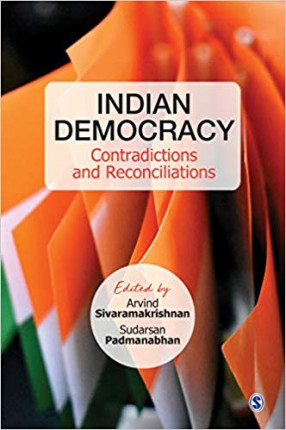
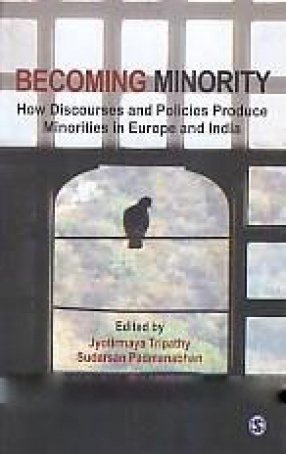


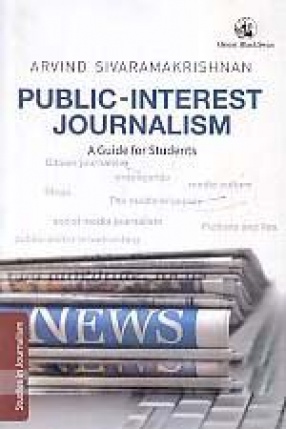

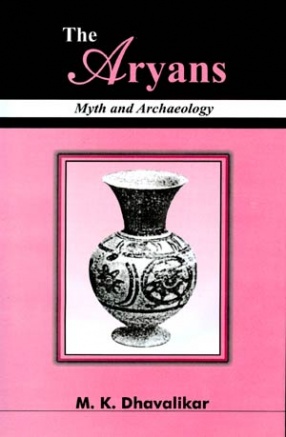


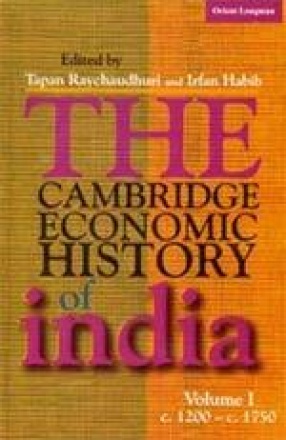

Bibliographic information
Arvind Sivaramakrishnan